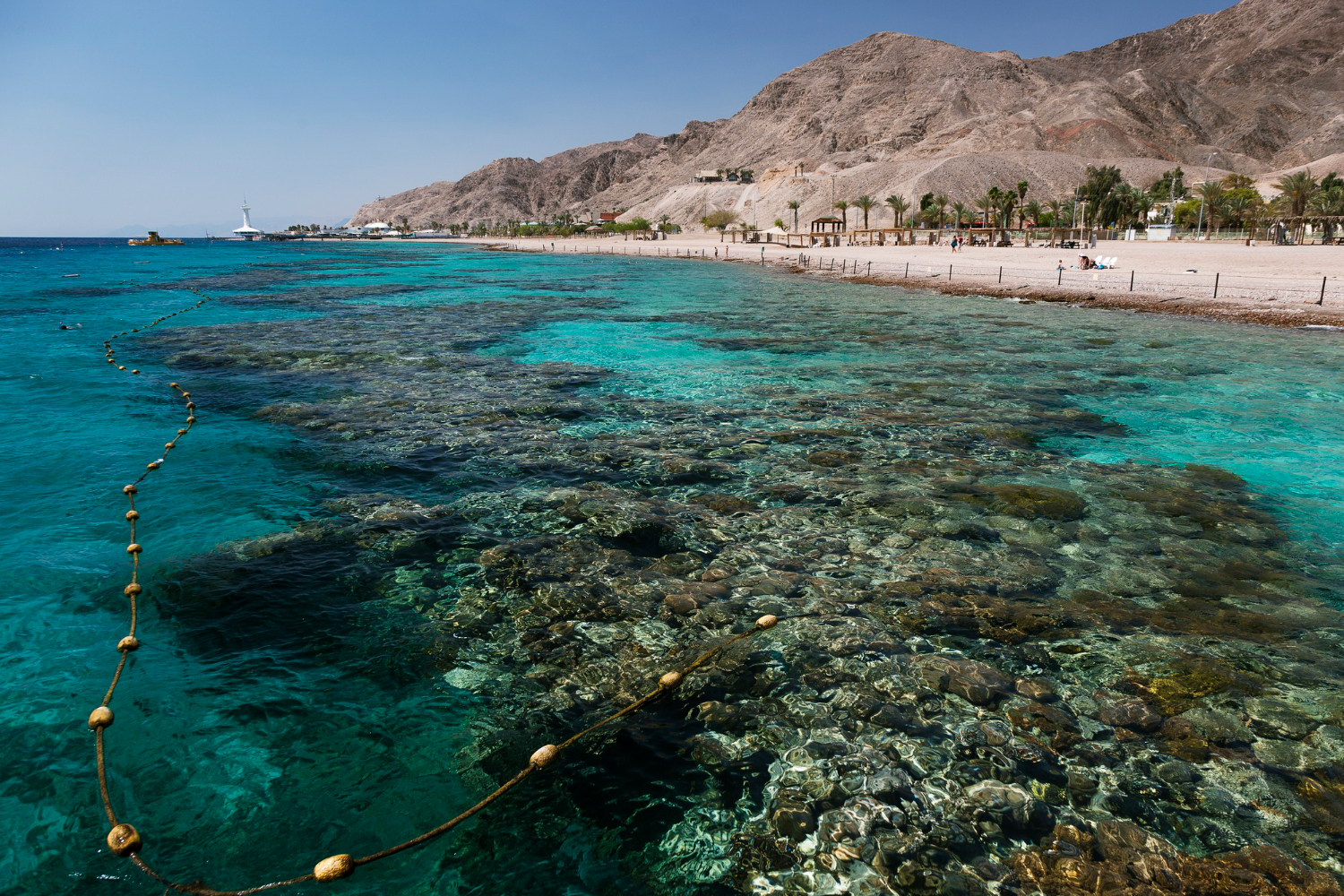Port Sudan serves as Sudan’s primary port on the Red Sea, acting as a crucial entry point for trade and aid. This port city has become the wartime capital, hosting government operations and humanitarian efforts. Despite ongoing conflicts, it remains essential for the nation’s economy and connectivity. The transitional government relies on it for stability, while international actors influence its dynamics. Understanding Port Sudan’s role reveals the complexities of Sudan’s current landscape.
Historical Background of Port Sudan
Port Sudan emerged as a key facility in the early 20th century, developed under British colonial rule to facilitate trade. Located in eastern Sudan, it quickly became the main outlet for exports like gum arabic and cotton. Over decades, it evolved into a major hub, supporting the country’s economy through sea routes. The port’s strategic position on the Red Sea linked Sudan to global markets, fostering growth in commerce and industry.
By independence in 1956, Port Sudan was central to Sudan’s maritime activities. It handled diverse cargo, from agricultural products to minerals. However, political instability and wars disrupted operations. In recent years, the civil war has shifted focus here, making it a refuge for displaced people. This history underscores its enduring importance despite adversities.
Current Situation and Conflict Impacts
The ongoing war between the Sudanese Armed Forces and Rapid Support Forces has profoundly affected Port Sudan. Once a safe haven, it faced attacks in May 2025, including drone strikes blamed on RSF-linked groups. These incidents, occurring for six days, targeted the airport and facilities, grounding flights and displacing residents. The transitional government accused external powers, like the United Arab Emirates, of involvement, leading to severed ties.
Displaced people from Khartoum and Darfur have flooded the city, straining resources. Over 8.8 million are internally displaced nationwide, with Port Sudan hosting many. The conflict, starting in April 2023, has killed tens of thousands and created famine conditions. International reports highlight atrocities, including genocide claims against ethnic groups. Despite this, the port continues operations, vital for aid delivery.
Role of External Actors and UAE Ties
The United Arab Emirates has been accused of supporting RSF through arms and logistics, complicating the situation. Sudan filed a case at the International Court of Justice in March 2025, alleging complicity in genocide, but it was dismissed on jurisdictional grounds. UAE denies involvement, calling accusations baseless. Reports detail flights from UAE to Chad, potentially smuggling weapons.
Other actors, like Egypt backing SAF and Russia via Wagner Group, fuel the proxy elements. The UAE’s interests include gold trade and agriculture, with investments exceeding $6 billion pre-war. This external meddling prolongs the conflict, hindering peace efforts. Transitional civilian government struggles to maintain control amid these influences.
Infrastructure and Economic Functions
Port Sudan features modern terminals for containers, bulk cargo, and oil. It handles significant volumes, supporting Sudan’s exports. The port’s deep waters accommodate large vessels, connecting to Europe and Asia. Facilities include warehouses and repair yards, essential for regional trade.
Economically, it drives revenue from shipping and fisheries. Pre-war, it processed millions of tonnes annually. Now, war disrupts flows, but it remains a lifeline for imports like food and medicine. Efforts to rebuild infrastructure aim for resilience, with international aid focusing here. The port’s role in the transitional government underscores its strategic value.
Humanitarian Crisis and Aid Efforts
The war has triggered the world’s worst humanitarian crisis, with 25 million needing aid. Famine in North Darfur has killed thousands, exacerbated by attacks. Port Sudan, as an aid hub, receives shipments, but strikes threaten delivery. UN reports confirm over 3.5 million refugees, many fleeing to Chad.
Organizations like the UN and NGOs coordinate through the port, but access issues persist. Displaced people face ethnic tensions and violence. Global calls for ceasefire highlight the urgency, with sanctions on RSF leaders. Rebuilding lives requires ending foreign interference and ensuring safe corridors.
Future Prospects and Regional Implications
Port Sudan’s future hinges on peace negotiations. Talks in Saudi Arabia and Bahrain have stalled, but international pressure mounts. The transitional government seeks to stabilize, potentially forming alliances against RSF advances. Economic recovery involves diversifying beyond gold, plagued by smuggling.
Regionally, the conflict risks spillover, affecting Red Sea security. UAE’s role, if curbed, could aid resolution. For Sudan, restoring Port Sudan as a thriving hub promises stability. International support for civilian-led transition is key to averting further catastrophe.

 Port Sudan: Sudan’s Strategic Red Sea Gateway Amid Challenges">
Port Sudan: Sudan’s Strategic Red Sea Gateway Amid Challenges">
